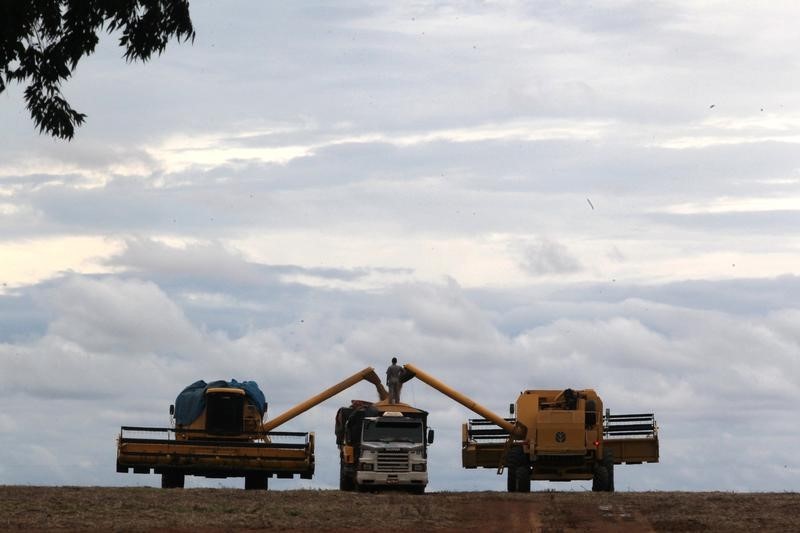BEIJING, March 7 (Reuters) - China confirmed on Thursday that it has suspended the clearance of canola imports from Canadian agribusiness Richardson International and said customs will step up inspections of Canadian canola until further notice.
China's foreign ministry said on Wednesday that customs officials had discovered pests in samples of canola imports from Canada. It said the problem with one company was "particularly serious," but did not name the firm.
In a statement on Thursday, China's General Administation of Customs named the firm as Richardson, the largest exporter of Canadian canola to China. Richardson said on Wednesday that its shipments met regulatory requirements. dispute over the quality of Canadian canola comes amid rising tensions between Beijing and Ottawa, following Canada's arrest of the chief financial officer of Huawei Technologies Ltd HWT.UL , the world's largest telecommunications equipment maker, who faces U.S. criminal charges.
Richardson's canola export registration was cancelled on March 1, according to a customs document posted on the authority's website that day, and previously reported by Reuters. Thursday's statement, customs said several ports including Nanning, Dalian and Shenzhen had recently detected the fungus that causes blackleg disease as well as another harmful bacteria called Pseudomonas syringae in samples of Canadian canola.
It also named three other weeds that had been found recently in samples.
The latest measures were being taken to protect China's agriculture production and ecological safety, it added.
Canola, also known as rapeseed, is crushed in China to produce cooking oil and meal to feed pigs and fish. The most active rapeseed oil contract COIcv1 traded on the Zhengzhou Commodity Exchange has rallied since March 1, and is now at the highest level in 10 months.
As the dispute with Canada has esclated, China has detained two Canadians and on Monday accused one of them from stealing state secrets passed on to him from the other. week, Meng's lawyers also said they were suing the Canadian government, its border agency and federal police, with allegations she was detained, searched and interrogated for three hours in violation of her constitutional rights.
